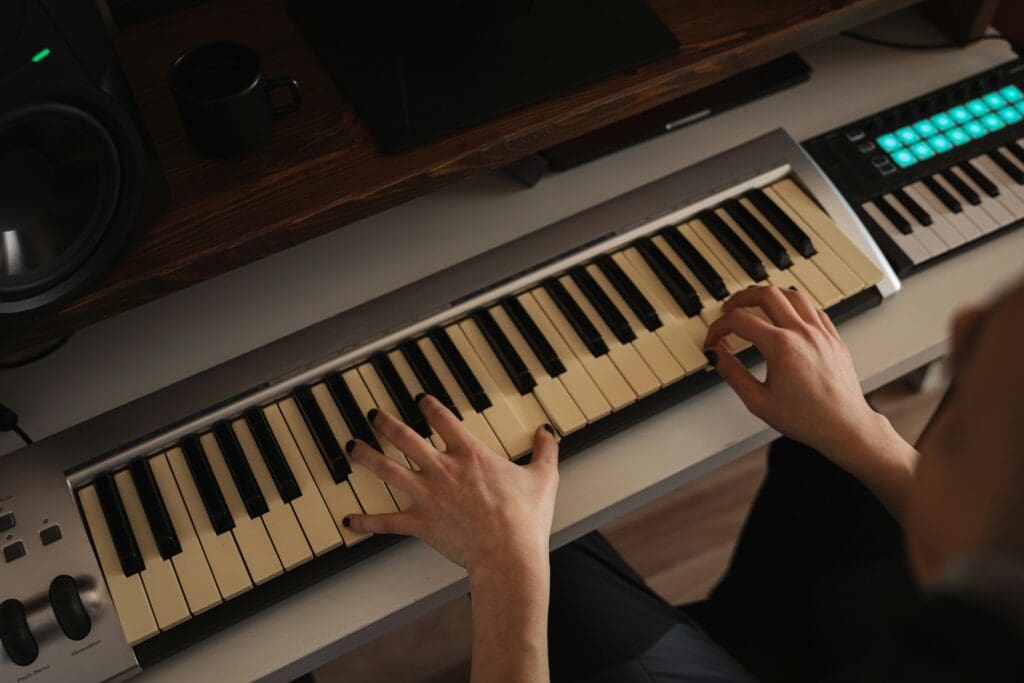Addiction treatment is a rigorous clinical practice, utilizing long-established and accredited treatments and techniques to address substance abuse in a patient going through drug recovery. But people are not machines, and we do not all respond to stimuli and treatments that are to some degree psychological in an identical fashion. What works well for one patient may prove less effective for another.

The efficacy of some techniques may drop significantly for some patients in some circumstances. That’s why some addicts, looking for other ways to treat their addiction, may turn to different approaches than a standard clinical approach. While this isn’t necessarily something that will work for every patient, it can prove valuable at times to explore alternative therapies in drug recovery.
Alternative therapies are not pseudo-science or longshot magical thinking solutions. The term applies to any form of treatment that does not fall under the umbrella of psychotherapy, which is the standard approach to addiction treatment in most programs.also called holistic therapies, these alternative therapies simply are different approaches to the problem.
The important thing to note is alternative they are evidence-based practices with a proven track record of results. Your physician is not guessing or making up something to try and trick you into recovery. Alternative therapies work. Which ones work best for the patient can vary, however.

Among the many alternative therapies that are commonly used are yoga, meditation, acupuncture, equine therapy, music therapy, art therapy and mindfulness. Each has its strengths and weaknesses, but all have scientifically-proven track records.
Equine therapy, for instance, pairs the patient with a horse to encourage emotional healing and support. It has been shown to reduce stress, encourage positive behaviors, better control breathing and improve socialization, among other benefits.
Acupuncture, on the other hand, is, as you may have seen in the movies, the placement of thin needles into specific points of the body to manage stress and pain. These needles can help loosen muscular knots and increase blood flow. In the case of addiction, acupuncture can redirect the flow and behavior of dopamine levels, a major concern with opioid addiction.
Other therapies have their own benefits. Music and art therapy can promote communication and help manage emotional mood swings. Meditation and mindfulness promote a calm approach against the stress of substance abuse and withdrawal cravings.
And so on. There are many holistic therapies, and what works best for you can be best determined by your doctor and rehab program.

At Good Landing Recovery, doctors will determine which therapies are best suited to a patient’s individual needs, whether that’s a basic clinical treatment program or involves one or more alternative therapies.
By focusing on which therapies work best, whether traditional or alternative, the patient can be assured of getting the best possible care and the best chance of recovery and avoidance of relapse.
Exploring alternative therapies in drug recovery can help the recovering addict succeed. WIth help from Good Landing, the patient can know they’re getting the best possible care, no matter the therapies used.